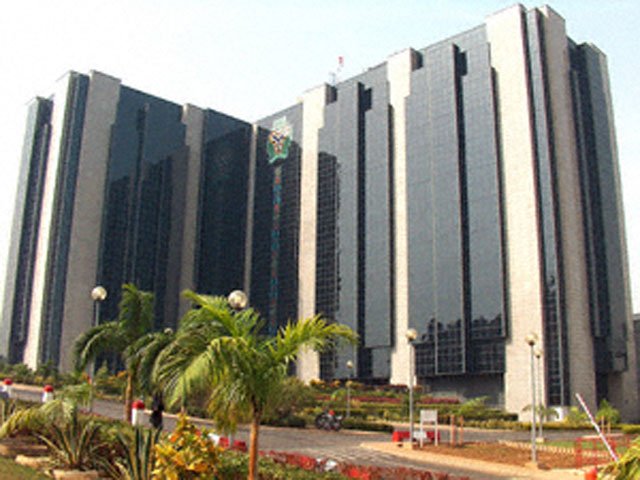The Central Bank of Nigeria (CBN) says it has so far resolved 13,715 complaints since its Consumer Protection Department was set up a few years ago, leading to a refund of various sums amounting to about 73.23bn.
Speaking on: “Banks and consumer protection in Nigeria: Challenges and the way forward,” at the annual workshop for business editors and Finance Correspondents Association of Nigeria (FICAN), organized by the Nigeria Deposit Insurance Corporation (NDIC), in Benin City, Edo State, S.K. Salam-Alade, director, Consumer Protection Department at the CBN, said the bulk of the refund was N66.5bn.
Others, he continued, included: $18.5m, about N6.715bn; €26,319.03, or N10.809m; and ₤9,085.98, N4.292m.
Salam-Alade, who was represented by Ibrahim Hassan, Assistant Director in the department, however called attention to the increasing volume and value of electronic fraud in Nigeria’s financial system, which is expected to continue rising.
The value of losses arising from e-fraud in Nigeria, he said, is projected to reach N6.1tr by 2021, propelled also by factors like: evolution of channel, adaptability to disruptive innovations and modes of payment, increased Inclusion, evolving technologies.
With the advancement in electronic banking, he noted, has come higher transaction volumes and values in successive years, with the 1.4bn transactions valued at N97.4tr processed in 2017, compared to 869m transactions worth N69.1tr in 2016. This represents a 59.7% and 40.9% growth respectively.
With these, he continued, has come 25,043 cases of fraud reported by deposit money banks in 2017, up 28% when compared to 19,531 cases in prior year, even as there was a 24% drop in actual losses arising from the fraud, which stood at N1.63bn in 2017, 83% of which was on electronic platform, from the previous N2.196bn.
He listed direct impact of e-fraud on the nation’s banking system to include “financial loss to consumers, financial Institutions and national economies; reputational damage and national embarrassments; threatens the attainment of the Financial inclusion target of 20% inclusion by 2020; undermines the Nigerian Payments System Vision 2020.
While e-fraud remains a national reality that is international recognized, it erodes consumer trust and confidence in the financial system, besides undermining financial system stability.
Hassan listed challenges to consumer protection and enforcement to include the rapid changes to the financial landscape; an array of new products and services, as well as the evolving technology and Fintech (Financial Technology).
Others include the changing policy and regulatory environment; understanding of consumer behavior; early warning/predictive models; lack of awareness and understanding of regulations; and misinterpretation/misrepresentation. There are also corporate culture and leadership; cooperative and exploitative relationship, fixation on profit maximization, corporate culture, leadership – vision, integrity and courage.
Challenges of enforcing consumer protection, according to him could be the legal and regulatory framework, reliance on ‘omnibus’ regulation, the quest for financial inclusion, reputational risk, scaling up consumer protection to address emerging technologies/innovation and conflict with prudential regulation.
Despite the challenges, Hassan said consumer protection remains a critical requirement for financial system stability and an indispensable component for effective regulatory and supervisory framework, just as it complements traditional Prudential Regulation for financial system stability.
“The attainment of a sound financial system in Nigeria is to a large extent predicated on an effective consumer protection regime,” he added, stressing the need for eternal vigilance and study, which are critical for effective market conduct regulation. There are also full leadership support and funding indispensable requirements, as well as collaboration, collaboration, collaboration.
Trending Today
Menu








